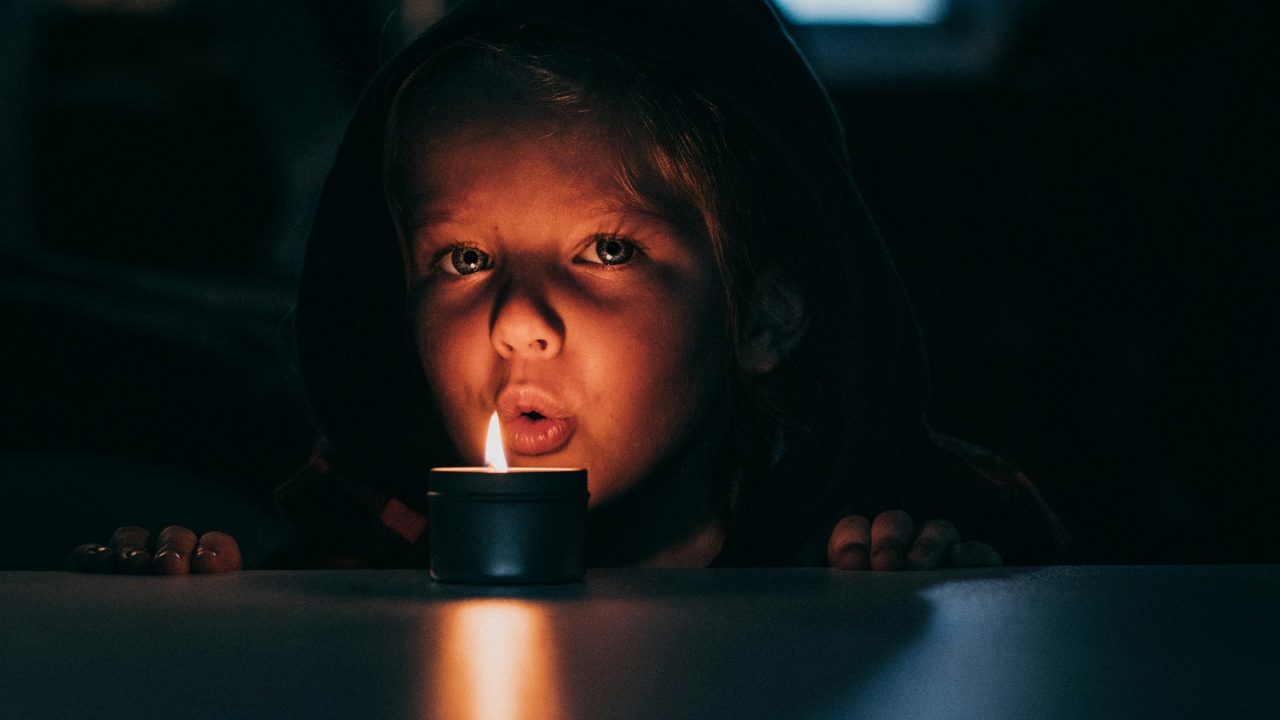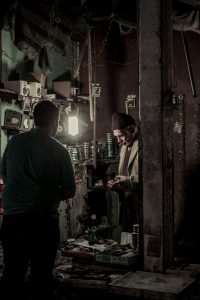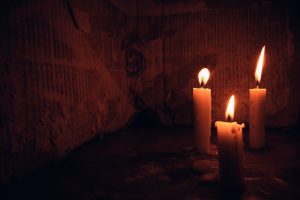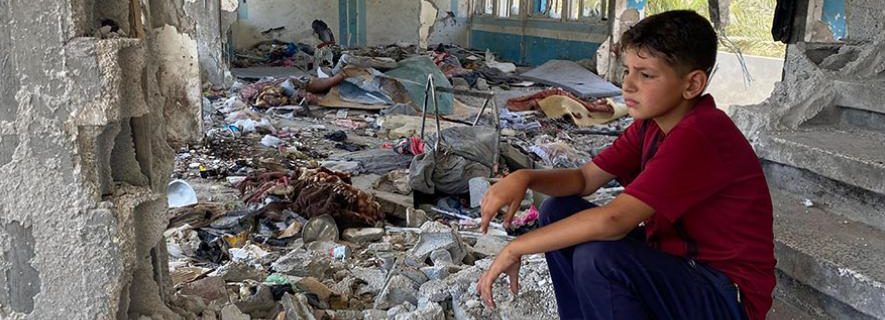If you ask a family in Gaza what their biggest daily challenge is, many will answer in one word: electricity. For more than a decade, Gaza has suffered from chronic power shortages, leaving residents with only a few hours of electricity each day.
To those who live outside, the idea of scheduling your life around power cuts sounds unimaginable. But for Gaza’s families, it is the rhythm of survival. This article takes a closer look at how households adapt to blackouts — and what it teaches us about resilience under siege.
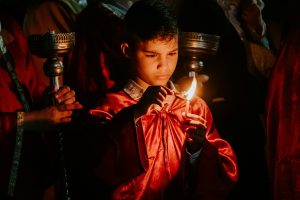
The Reality of Power Shortages
On a typical day, electricity may be available for 4–6 hours, sometimes less. This is not enough to run normal life. Hospitals, schools, and homes all have to operate within strict limits. Parents often wake up at night when the power comes back just to wash clothes, pump water, or charge devices.
Without stable electricity:
-
Refrigerators cannot keep food fresh.
-
Medical equipment becomes unreliable.
-
Students struggle to study after sunset.
Every flicker of light carries weight in Gaza.
Strategies Families Use to Adapt
Despite the hardships, families have developed remarkable ways to survive:
-
Solar panels: Wealthier households or community centers install small solar systems to generate partial electricity.
-
Generators: Those who can afford fuel use noisy generators, but this is expensive and unsustainable.
-
Candles and flashlights: Many evenings are spent under candlelight, with children studying by torch or phone light.
-
Battery banks: Families charge large batteries during “on” hours and use them when the power cuts out.
Each of these strategies reflects ingenuity, but none solve the underlying crisis.
The Human Cost of Darkness
Blackouts are more than inconvenience — they affect health, safety, and emotional well-being. For patients requiring medical devices, a power cut can be life-threatening. Children often develop fear of the dark, associating nightfall with both silence and danger.
Mothers describe the stress of preparing meals quickly before the power disappears, while students share stories of exams studied entirely under candlelight.
A Symbol of Resilience
Still, Gaza’s families show extraordinary determination. Neighbors share electricity from generators. Communities come together to pool resources. In the darkest nights, solidarity becomes the brightest source of light.
This resilience is not born out of choice, but necessity. And yet, it tells the world something powerful: Gaza refuses to be silenced by darkness.
Final Thoughts
Blackouts in Gaza are not just technical issues — they are part of a larger humanitarian crisis. But every candle lit, every book studied under flashlight, and every generator shared between families is proof of survival.
👉 Share this story so more people understand the daily struggles — and the unstoppable resilience — of Gaza’s families.

